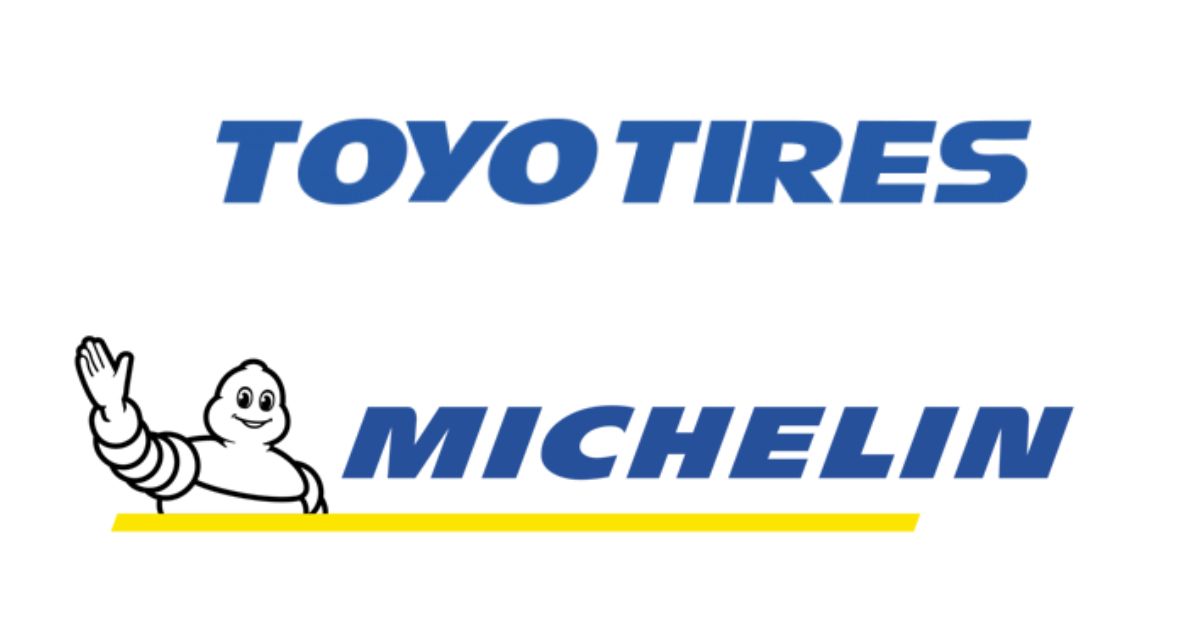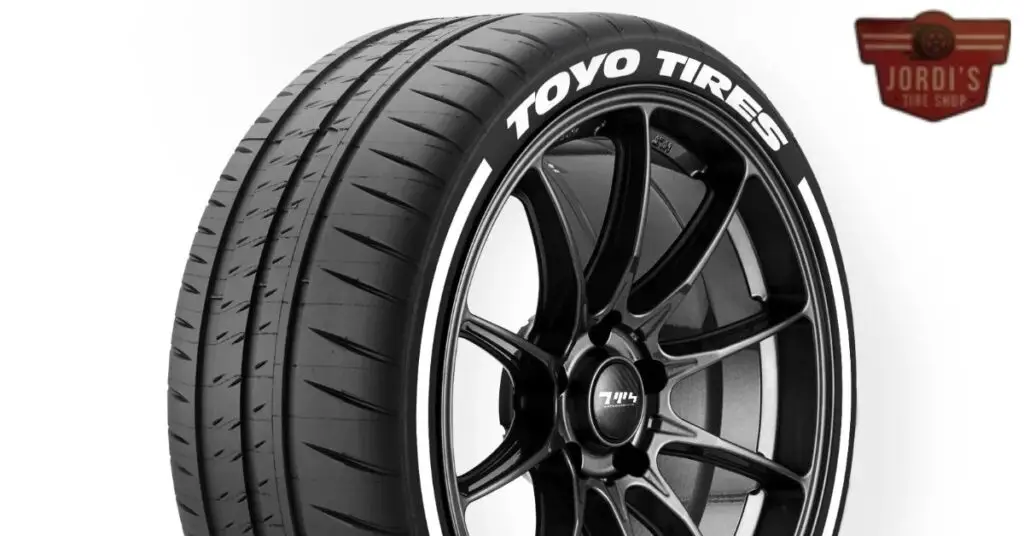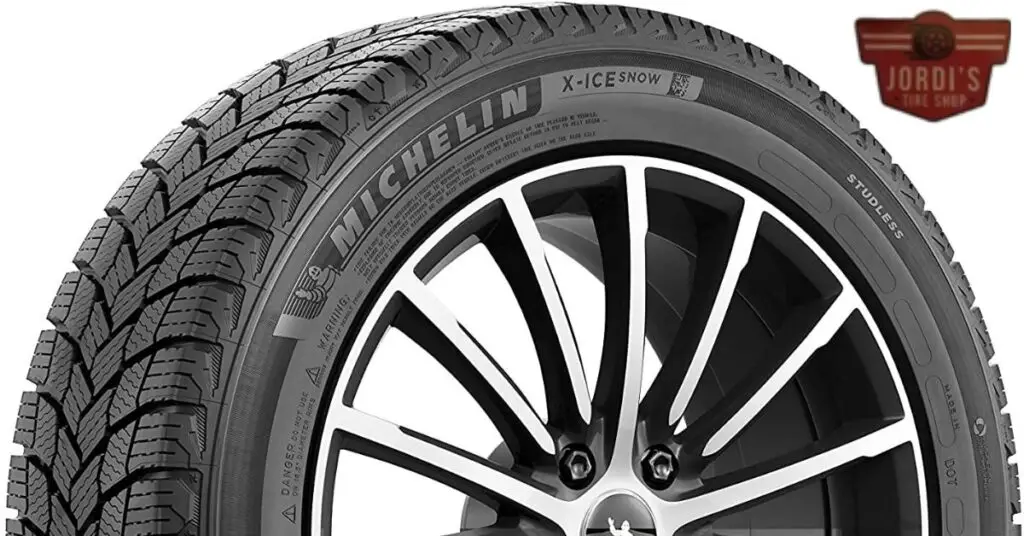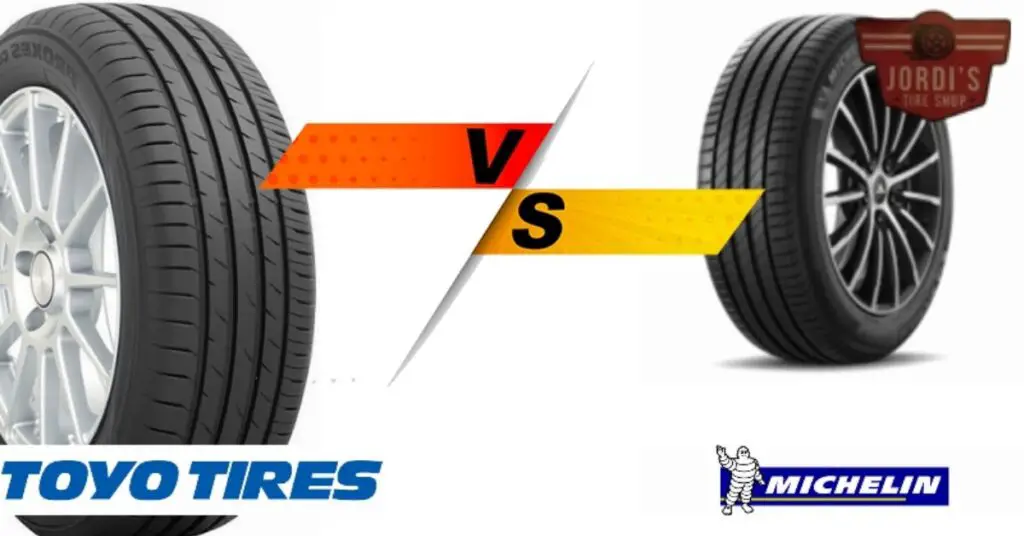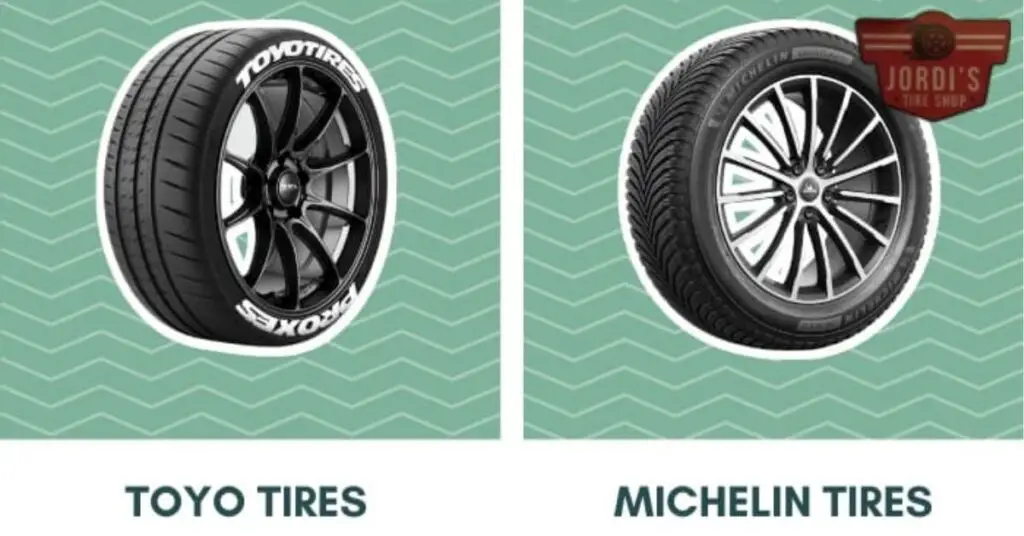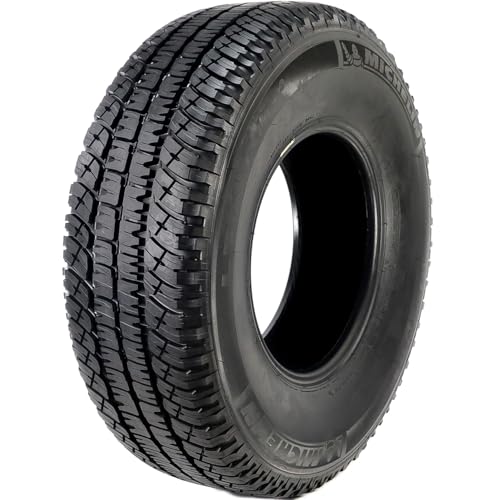Choosing the right tires for your vehicle can feel like navigating a maze, especially when you’re torn between reputable brands like Toyo and Michelin. Both have carved out strong reputations in the tire industry, but which one truly meets your needs?
In this article, you’ll discover a detailed comparison of Toyo and Michelin tires, focusing on performance, durability, and value for money. Whether you’re a daily commuter, weekend warrior, or off-road enthusiast, understanding the strengths and weaknesses of these two brands will help you make an informed decision. Let’s dive in and find out which tire brand comes out on top for your driving experience.
Overview of Toyo Tires
Toyo Tires has earned a solid reputation in the tire industry. Known for their innovation and performance, Toyo tires meet diverse driving demands.
History and Reputation
Toyo Tires, founded in 1945, started in Japan and quickly garnered international attention. They entered the US market in 1966, establishing themselves firmly. Today, they’re renowned for their technological advancements and durability. Recognized for their high-performance tires, Toyo often receives praise from automotive enthusiasts and industry experts alike.
Key Product Features
- Proprietary tread compounds enhance traction and longevity.
- Advanced tire designs reduce road noise and improve ride comfort.
- Off-road tires, like the Toyo Open Country series, provide exceptional grip and durability on rugged terrains.
- Performance tires excel on the track with superior handling and speed stability.
Overview of Michelin Tires
Michelin Tires, a giant in the tire industry, delivers outstanding performance and innovation. Esteemed for their quality and reliability, Michelin continues to set standards in the automotive world.
History and Reputation
Founded in 1889 in France, Michelin stands as one of the oldest tire manufacturers. The company gained fame for inventing the removable pneumatic tire, which revolutionized tire technology. Michelin’s commitment to safety, durability, and performance led them to become a trusted choice worldwide. Recognized for their contributions to motorsports, Michelin solidified its reputation by winning numerous championships, showcasing the excellence of its tire technology.
Key Product Features
- Michelin tires boast advanced tread compounds designed to enhance grip and extend tire life.
- Their innovative tire designs reduce rolling resistance, improving fuel efficiency and lowering CO2 emissions.
- Michelin’s run-flat technology allows you to drive with a punctured tire for up to 50 miles, ensuring safety and convenience.
- The brand’s noise-reduction patterns provide a quieter ride, enhancing driving comfort.
- Michelin also offers specialty tires, like the Pilot series, excelling in high-performance driving scenarios and the Latitude series designed for SUVs and crossovers, perfect for varied driving conditions.
Performance Comparison
Evaluating Toyo and Michelin tires involves analyzing several critical factors relevant to driving performance. The following subsections detail key aspects affecting overall tire performance.
Road Grip and Traction
Road grip and traction differ significantly between Toyo and Michelin tires. Toyo tires often feature proprietary rubber compounds and aggressive tread designs. These elements improve road grip, making them suitable for off-road conditions and performance driving.
Michelin tires, on the other hand, are known for incorporating advanced silica-based tread compounds. These compounds enhance traction on both wet and dry surfaces. For example, Michelin’s Pilot series is engineered for superior grip at high speeds, perfect for sports cars.
Durability and Wear
Durability and wear rates are critical when comparing tire brands. Toyo tires emphasize long-lasting tread life with their wear-resistant compounds and reinforced sidewalls. Drivers often report consistent performance and minimal wear over extended periods.
Michelin tires also excel in durability due to innovative designs and high-quality materials. Their proprietary tread compounds and uniform contact patches contribute to even wear distribution, extending tire lifespan. The Latitude series demonstrates resilience in SUVs and light trucks.
Weather Adaptability
Weather adaptability is essential for safe driving in various conditions. Toyo tires offer versatile performance with designs catering to all-season use, winter conditions, and performance demands. Their Open Country series is popular for all-terrain adaptability.
Michelin provides specialized solutions with seasonal tires that handle specific weather challenges. The Michelin X-Ice series, for instance, provides excellent traction in icy conditions. Additionally, Michelin’s all-season tires balance performance across temperature ranges, ensuring reliability year-round.
In sum, each brand’s specialized engineering caters to different driving needs and preferences, making both Toyo and Michelin viable options for discerning drivers.
Price and Value
Evaluating the price and value of Toyo and Michelin tires involves considering both initial costs and long-term benefits. Each brand offers different pricing structures based on its unique technologies and performance capabilities.
Cost Analysis
Toyo tires generally offer more budget-friendly options compared to Michelin. The price range for Toyo varies from around $60 to $500 per tire, making them accessible for a wider audience. These tires, including the Toyo Proxes series, appeal to performance enthusiasts seeking affordable high-quality options.
Michelin tires are typically positioned at the premium end, with prices ranging from $100 to $1,000 per tire. This higher cost corresponds to Michelin’s advanced innovations like the Pilot Sport and Primacy series, which prioritize superior performance, reliability, and cutting-edge technology.
| Brand | Price Range | Notable Models |
|---|---|---|
| Toyo | $60 – $500 | Toyo Proxes, Toyo Open Country |
| Michelin | $100 – $1000 | Michelin Pilot Sport, Michelin Primacy |
Long-Term Value
Toyo tires provide significant value over time due to their durability and performance in diverse conditions. Their wear-resistant compounds and specialized designs lead to fewer replacements. Drivers who opt for Toyo can expect practical longevity at a competitive upfront cost.
Michelin tires offer exceptional long-term value, particularly through their durability and technological advancements. Despite the higher initial price, models like the Michelin Defender series provide extensive mileage warranties, such as up to 90,000 miles, reducing overall long-term tire expenses. Their run-flat technology and fuel-efficient designs contribute to long-term savings in maintenance and fuel consumption.
While Toyo provides budget-conscious options with substantial durability, Michelin offers premium tires that justify higher initial costs through long-term performance and innovative features. Both brands cater to distinct market needs, enabling you to choose a tire that aligns best with your driving preferences and budget considerations.
Customer Satisfaction and Feedback
Finding the right tire involves considering the choice of Toyo or Michelin tires. Understanding customer satisfaction and expert opinions can guide your decision.
Consumer Reports and Ratings
Consumer reports frequently highlight both Toyo and Michelin tires. Michelin often receives high ratings for comfort, fuel efficiency, and tread life. Customers appreciate the consistent quality and longevity, which justifies the higher price range.
In contrast, Toyo tires receive positive feedback for affordability and performance, especially in off-road and performance driving contexts. Many users note the excellent grip and durability even under extreme conditions.
Expert Reviews and Opinions
Experts often praise Michelin for its innovative technologies and comprehensive range of tire options. Reviews mention the superior wet and dry grip, noise reduction, and run-flat technology. The Pilot Sport and Primacy series often receive accolades for their advanced engineering.
Toyo, on the other hand, garners respect for its specialized tire designs tailored for various driving needs. Experts commend Toyo’s off-road capabilities and the use of proprietary rubber compounds enhancing performance. Positive reviews often highlight the value and durability at a competitive price point.
Conclusion
Choosing between Toyo and Michelin tires ultimately depends on your specific driving needs and budget. Michelin offers top-tier quality and advanced technology, making it ideal for those who prioritize comfort, fuel efficiency, and long tread life. Toyo excels in affordability and performance, particularly for off-road and specialized driving scenarios. Both brands have their strengths, so consider what aspects are most important to you when making your decision.
Related Posts:
- Yokohama vs Hankook Tires: Performance, Durability, and Pricing Compared
- Yokohama vs Goodyear Tires: Performance, Durability, and Eco-Friendliness Compared
- Yokohama vs Bridgestone: Which All-Terrain Tire Reigns Supreme?
- Nitto vs Michelin Tires: Which Brand is Best for Your Driving Needs?
- Falken vs Michelin Tires: Which Brand Offers Better Performance and Value for Money?
- BFGoodrich vs Michelin: Which Tire Brand is Best for Your Vehicle?
- Goodyear vs Michelin: Which Tire Brand is Best for Your Vehicle?
- Michelin vs Pirelli Tires: Which Brand is Best for Your Car?
- Firestone vs Michelin Tires: A Detailed Comparison of Performance and Value
- Toyo vs Michelin Tires: Which Brand Offers the Best Performance and Value?
- Hankook vs Michelin Tires: Which Brand Offers the Best Performance and Value?
- Goodyear vs Bridgestone Tires: In-Depth Comparison of Performance, Durability, and Customer Reviews
- Continental vs Pirelli Tires: A Comprehensive Comparison of Performance and Value
- Continental vs Bridgestone Tires: Which Brand Offers Better Performance and Durability?

